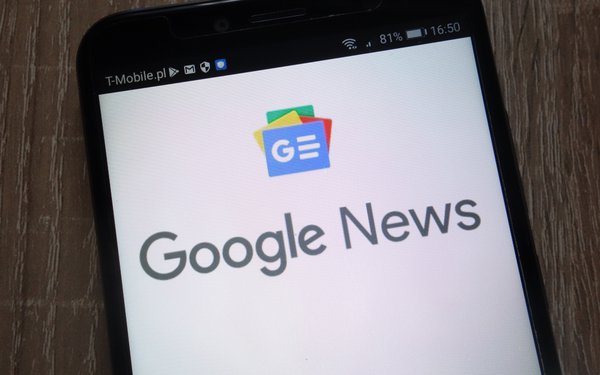Commentary
Crunching Numbers: What Google, Meta Owe U.S. Publishers
- by Laurie Sullivan , Staff Writer @lauriesullivan, January 24, 2024

The U.S. District Court for the Eastern District of Virginia on Wednesday filed a complaint alleging that Google monopolizes key digital advertising technologies in the ad-tech stack that website publishers depend on to sell ads, and advertisers rely on to buy them.
The lawsuit alleges that as a result of this monopoly, Google garners on average more than 30% of the advertising dollars flowing through its digital advertising-technology products.
Based partly on this percentage of revenue earned, researchers have determined that companies like Google (and Facebook) could fairly pay publishers for their content that drives much of the advertising dollars through the web.
advertisement
advertisement
It has been long debated whether -- and how much -- Google and others should pay publishers for the content.
As a direct response to recent legislation, Google has begun making direct payments to publishers.
Data released today indicates that these "payments have been quite small," but represent Google’s attempt to dissuade publishers from supporting policy changes currently under consideration.
Researchers from Harvard Business School, C.T. Bauer College of Business at University of Houston, The Brattle Group, and others worked with the Centre for Economic Policy Research (CEPR), an independent, non-partisan, pan-European non-profit organization, to publish data that they say determines the fair market value Meta and Google should pay U.S. publishers for the use of their content that serves up in feeds and search engine results.
The researchers provided the methodology to calculate these payments so others can replicate their work. The group “conservatively” estimated that Facebook should provide an annual compensation of $1.9 billion to U.S. publishers, and Google should provide an annual compensation of between $10 and $12 billion to U.S. news publishers.
In total, the researchers estimate that the tech platforms owe between $11.9 billion and $13.9 billion to U.S. news publishers annually.
Datos, a global clickstream data provider for advertising intelligence, calculated search estimates to provide a sense of what people look for on Google. And what they search for is rarely related to publisher content, but rather the platforms. For example, the keyword “youtube” ranked first, while the keyword “facebook” ranked third in the fourth quarter of 2023.
The argument has been people searching for specific content typically type in the publisher’s website directly in the URL. The data shows that searches for sites like Reddit ranked No. 45, and even Google News ranked No. 182 in a ranking of more than 1,000 sites.
To determine cost, the researchers used what they call the theory of “economic complementarities” as the basis for the research, meaning that large digital platforms and news content creators provide create complementary services when used together.
News media provides a source of high-quality content to keep users engaged on platforms like Google Search, while the platforms provide web traffic for news publishers to support advertising on their site.
Determining the amount Google and Facebook should pay U.S. publishers for their content, the researchers calculated the total economic value that is created by news publishers and platforms working together and then estimated the percent of the value that accrues to each group.
The analysis showed the platforms retain the overwhelming share of the jointly created value, with news publishers only receiving a small fraction.
To understand what is meant by “a fair split of the jointly created value,” the researchers looked at an economic theory and licensing agreements between parties.
Using these reference points, they found a multibillion-dollar annual shortfall in the payments that are owed to news publishers, relative to a fair level of remuneration. The calculations do not compensate news publishers for the considerable benefits that their work does for both consumers’ enjoyment and for society at large.



